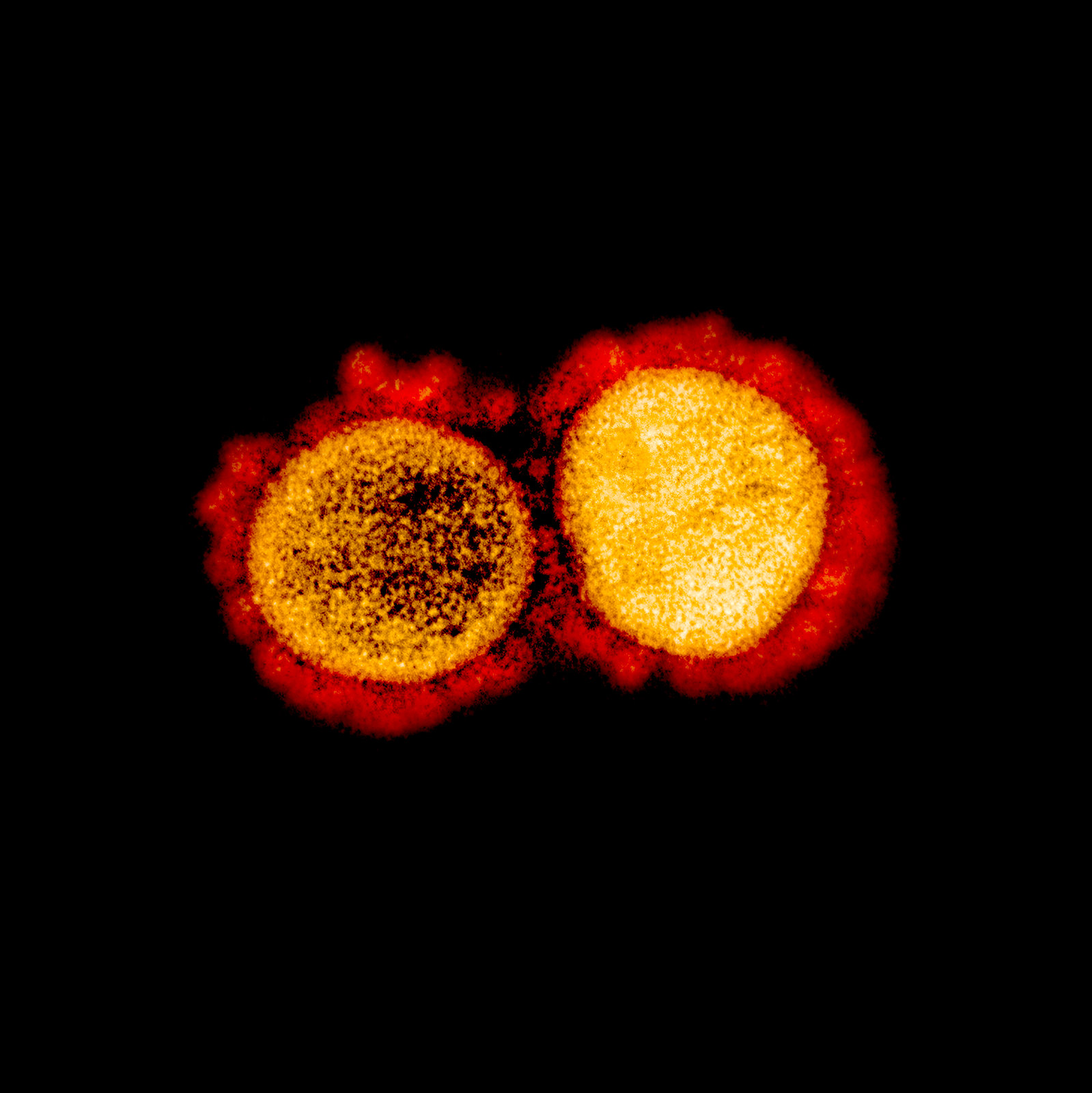BerGenBio raises 45 million euros for COVID-19 drug development

Norway’s BerGenBio has raised 500 million Norwegian kroner – around $45.4 million euros – in an oversubscribed private placement to develop its pipeline that includes a potential COVID-19 therapy.
As reported by pharmaphorum last week, BerGenBio’s bemcentinib is the first drug to be tested in a UK trial that is fast-tracking potential COVID-19 therapies into late stage clinical development.
Bemcentinib is being investigated in the ACCORD-2 trial, a mid-stage trial that feeds into the national phase 3 RECOVERY trial in COVID-19.
BerGenBio specialises in drugs targeting a biomarker known as AXL, which it hopes could be a cornerstone for therapy for several aggressive diseases including cancers that evade the immune system and do not respond to therapy.
Aside from COVID-19 bemcentinib is also being developed as a combination and single agent therapy in lung cancer and leukaemia.
BerGenBio also has first-in-class functional blocking anti-AXL antibody, tilvestamab, which is undergoing phase 1 clinical testing.
BerGenBio is developing companion diagnostic tests to identify those patient populations most likely to benefit from bemcentinib: this is expected to inform more efficient and targeted registration trials.
CEO Richard Godfrey said: “This new investment will allow us to expand the clinical development potential of our AXL drug candidates to treat patients with serious aggressive diseases without any effective treatment option.
“There is growing scientific evidence to support our confidence and belief in our pipeline underlined by the UK Government’s recent request to test bemcentinib in the ACCORD study in COVID-19 patients.”
In a separate development, Sanofi and Regeneron are to scale back an ongoing phase 3 trial of IL-6 drug Kevzara as a treatment for COVID-19, but are targeting only the most seriously ill patients after mid-stage data revealed its limitations.
The phase 3 trial the companies are conducting will now only include critically ill patients requiring ventilation or intensive care.
A 200mg dose will be omitted after showing little effect in phase 2, along with patients graded as “severe”, requiring oxygen therapy but not intensive care.












